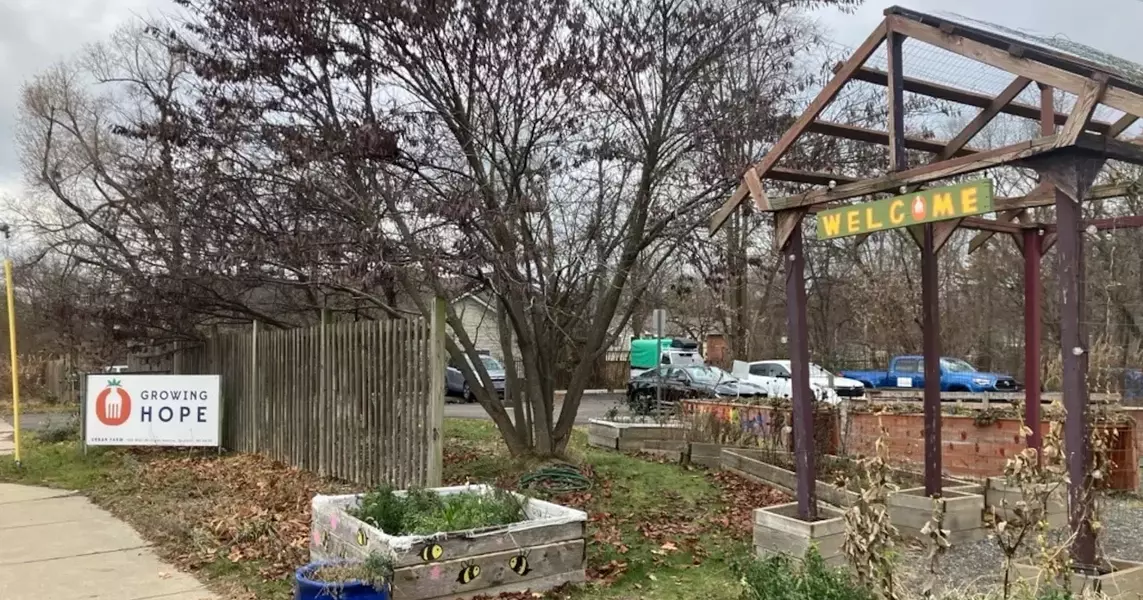Empowering Communities Through Home Gardening Initiatives

A local nonprofit organization is launching a new initiative to help residents in the Ypsilanti area cultivate their own vegetable gardens, regardless of background or experience. The program aims to provide essential resources and support to working-class families, promoting healthier lifestyles and community engagement. Participants will receive comprehensive assistance, including pre-built garden beds, compost, seeds, and ongoing mentorship from experienced gardeners. This innovative approach not only addresses food security but also fosters personal growth and cultural connections.
Supporting Diverse Communities with Garden Resources
The initiative focuses on making home gardening accessible to everyone, irrespective of race, class, age, or disability. By providing necessary materials and knowledge, this program enables individuals to start their own gardens even if they lack prior experience or resources. The organization emphasizes inclusivity, ensuring that all community members can benefit from growing their own food. This effort promotes mental and physical well-being while reducing grocery expenses and encouraging family activities.
To ensure success, Growing Hope offers soil testing at each garden site and conducts mid-season visits to assist participants. Additionally, free monthly workshops are available to guide gardeners through various stages of cultivation. Priority is given to residents of Ypsilanti and Ypsilanti Township, especially those living on the south side or in the West Willow Neighborhood. Working-class families, seniors, individuals with disabilities, and people of color are particularly encouraged to apply. These groups often face barriers to accessing fresh produce, and the program aims to address these challenges by fostering self-sufficiency.
Promoting Mentorship and Community Engagement
One of the key components of the program is the provision of mentorship from seasoned gardeners. Participants can opt for bi-monthly visits from mentors who will assist with planning, brainstorming, and troubleshooting. The mentors aim to help gardeners set and achieve goals such as improving diets, spending quality time with family, or reconnecting with cultural traditions. It's important to note that mentors are there to offer guidance rather than manage the gardens themselves.
The organization encourages former program participants, as well as Black, Indigenous, and other people of color, to apply as mentors. Mentors receive a stipend of 0 and do not need to be experts in gardening. This aspect of the program not only supports current participants but also builds a network of knowledgeable individuals within the community. Selected gardeners must attend an orientation session and participate in the installation process to the best of their ability. Through this collaborative effort, the program seeks to create lasting change by empowering residents to take control of their food production and health.